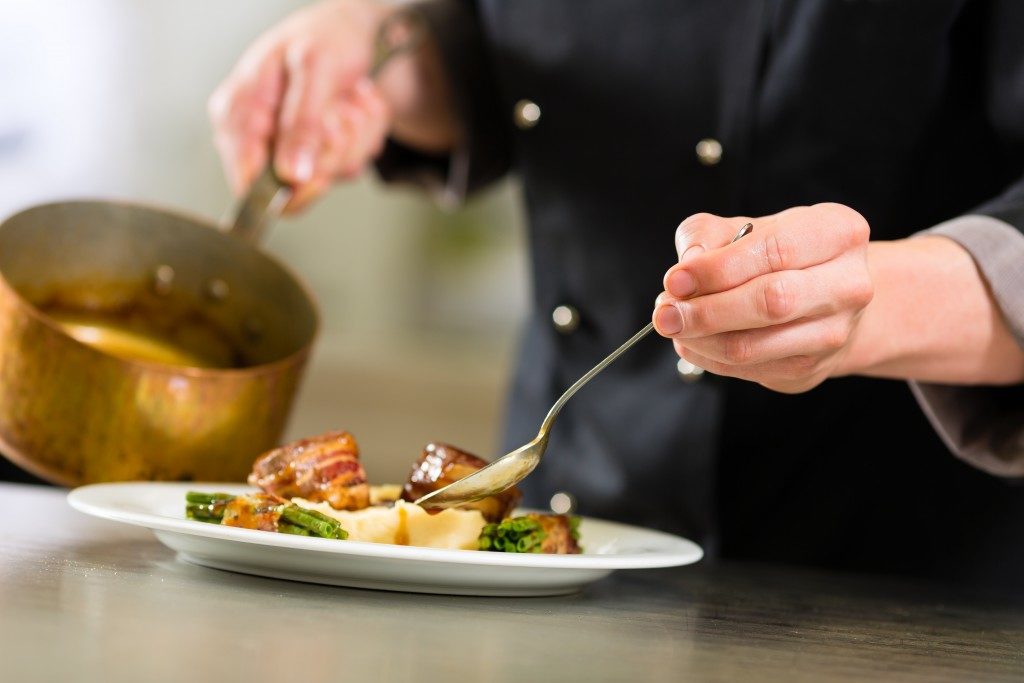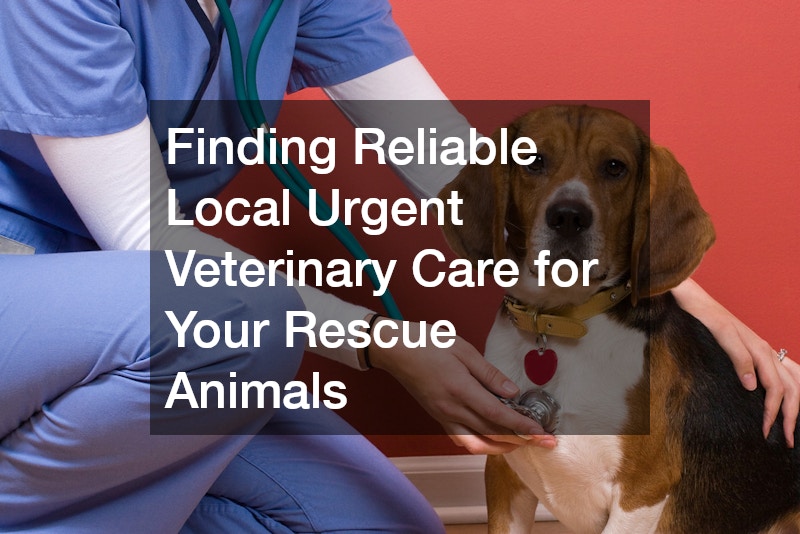If you love food, the thought of opening your own restaurant may sound like a fun idea. There’s nothing like crafting your own menus and pleasing your customers by creating that ideal dining experience. While opening your own restaurant is, indeed, a fun and exciting prospect, it also comes with a lot of challenges you need to be ready for. Before turning your dining dream into a reality, understand that some of these challenges need more than your crazy-amazing cooking skills.
Opening a restaurant demands not just good food, but also sound strategies to run it properly.
A Successful Plan
Restaurants enjoy success largely because of a well-thought-out business plan. A good location and menu, as well as proper staff training, are factors to consider in attracting and keeping customers. Successful restaurants still continue updating their menus and marketing strategies to satisfy their customers’ wants. On the other hand, poor planning could result in lost business and in a poor reputation.
Reliable Staff
Any business owner knows that the people behind it should be reliable and trustworthy. Assembling your team involves asking the right questions and finding the right talent during interviews. When the right people are hired, you’ll see the results in the form of a well-run establishment.
Rival Businesses
The food business is very competitive. As a restaurant owner, you’ll have to constantly find fresh ways to market your business to attract new customers and keep loyal ones. If you are to boost operations, you will have to look into what the competition is doing and level up to stay ahead of the game.

Money Matters
Starting a restaurant business is expensive and you’ll need a lot of capital to cover the costs. Factors like leasing a building, hiring staff, and kitchen inventory will cost you, especially when starting, so manage finances wisely. Many new businesses don’t turn marked profits for some time upon opening, so be prepared for that reality.
Good Practices
Sustainable living can be beneficial to a new restaurant. As an owner, you should be able to conserve water, energy, and other items used by your business. Good practices also means observing cleanliness in work stations and being resourceful. Cooking oil, for example, can be disposed of properly. Click here to learn more about restaurant grease pickup and proper ways to dispose of oil.
Marketing and Distribution
Proper marketing and distribution help increase your restaurant’s reputation in the community. Here are additional channels to consider so you increase restaurant popularity:
- A quality food supplier is key to turning your restaurant into a successful business. No one wants to be in a restaurant serving poor quality food, so be careful when choosing suppliers and seek recommendations.
- Marketing and advertising your business make people aware of your presence. Once people know about you, they’ll want to try out your restaurant and maybe even recommend it to friends. In marketing, take advantage of the internet by creating a website for your restaurant. Using social media to promote seasonal deals also entices people to see what you have to offer.
- Promotional items and other types of merchandise work to establish brand recognition and customer loyalty. Pens, keychains, and novelty items can be distributed with your business name to promote your restaurant. In store, you may want to set up a small nook for merchandise sales, like attractively designed tees with your logo, as well.
Opening a restaurant is tough business, but when you’re prepared to face these challenges, you’ll be soon enough be making a profit and serving happy, loyal customers.




